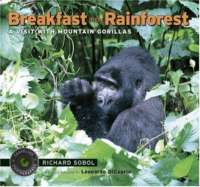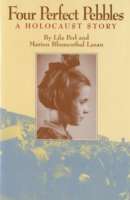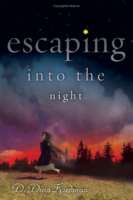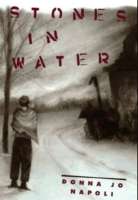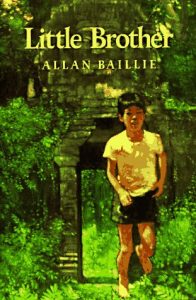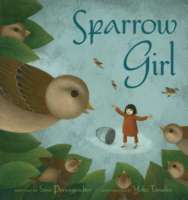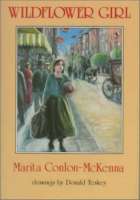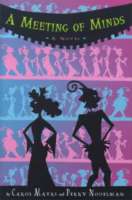
“How dare these authors put us in a book? Believe me, I’m going to give them a piece of my mind.” It was a good idea, Coren told himself. Assuming, of course, that Lenora could actually find a piece of her mind that they didn’t already have in their possession. Suddenly transported against their will, the Princess Lenora and her fiancé, Prince Coren, find themselves in a strange place — bone-chilling cold and snow outside, garish marketplaces and angry people inside. The inhabitants call it the city of Winnipeg. Lenora and Coren, however, have no idea where it is or why they are there. They can’t return home because, yet again, their imaginitive powers have deserted them. The Winnipeggers refuse to believe Lenora and Coren are who they say they are. Strangely enough, though, they have read about Lenora and Coren in a series of fantasy novels by the authors Carol M. and Perry N. But just who created whom, Lenora and Coren wonder. And how will they ever manage to escape this frightening city, worse than their worst nightmare, so that their long-awaited wedding can finally take place?
